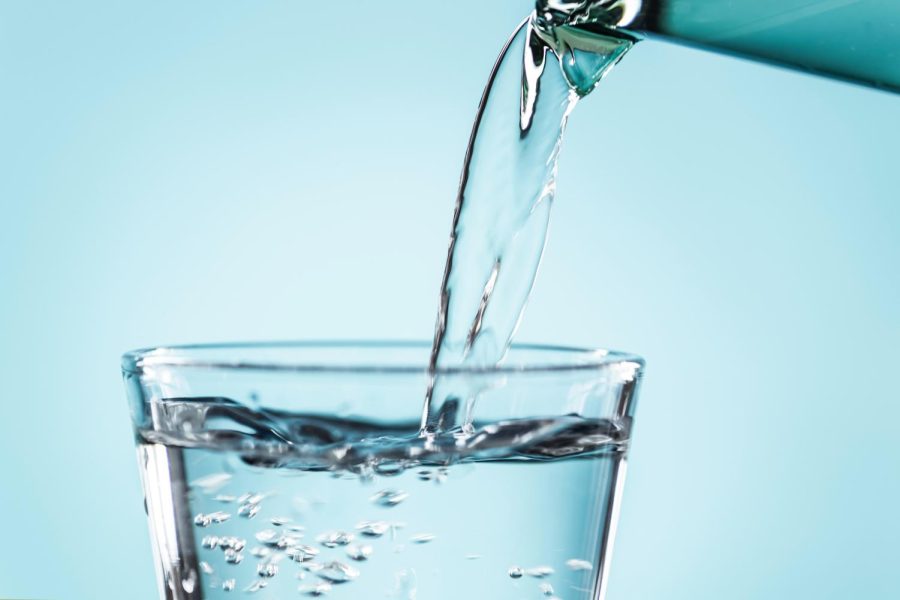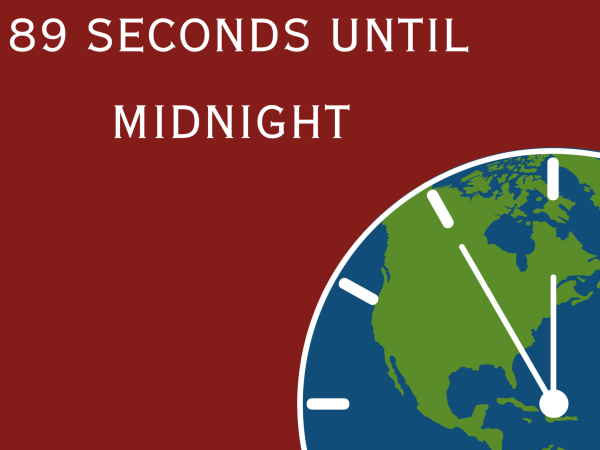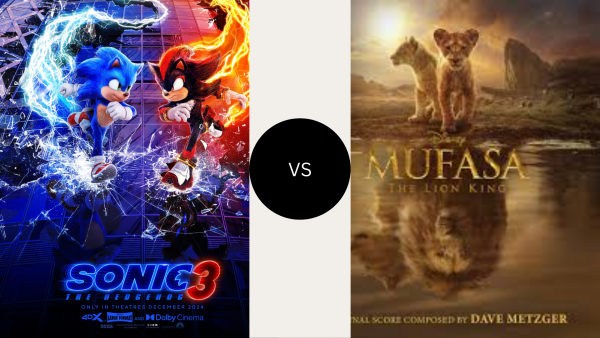Water: is it wet?
This question seems obvious, but it is more debatable than it may appear. To describe an object as “wet” is saying it is full of water, and thus, some would say water is not wet, as it is water itself. However, others would say water is, in fact, wet, as it is mostly surrounded by other H2O molecules, and water is only ever dry when it is one single molecule.
“Water is indeed not wet. Rather, anything that comes in contact with water and is removed from said substance becomes wet. Water cannot be wet, as its presence on any solid object makes it wet,” Taylor Kent, freshman, said.
Following the argument, juices could be wet, as they contain water (along with other ingredients) and thus, are soaked. Those who support this argument, however, fail to mention that water is not the only liquid, and anything saturated by another liquid could be considered wet. This could imply that either no liquid is wet, or possibly a liquid is only wet when in contact with another liquid.
“Water is not wet itself, but it is when in contact with something that is not liquid,” Sarah Silberstein, senior, said.
Most arguments pertaining to water being wet rely on common sense. “Water is wet because it is water” would be the most average response, which, to many, is correct but for the wrong reason. If water makes objects wet, then water itself must be wet. However, the justification for whether water is wet is far too broad to be conclusive. Some others would use the molecular scale to argue that water’s moisture depends on the molecule count. This seems logical, but the number of people that believe this is about as small as the water molecules they are talking about, so their inputs are not as widely heard.
“The hypothetical and determination of the explanation of H2O, also known as water, can be solved to a concluding statement that water as a liquid itself is in fact wet,” Mason Reed, sophomore, said.
With all these arguments in mind, the most likely answer is that water is wet. Every argument debating water’s wetness can only lead everyone to question what determines an object as wet, distracting them from reaching the objective: deciding whether water is wet.

Hi guys! I am Sebastian Morales Vides. I am a sophomore and this is my first year on the staff. I am personally very excited to be part of the Talon. I...










